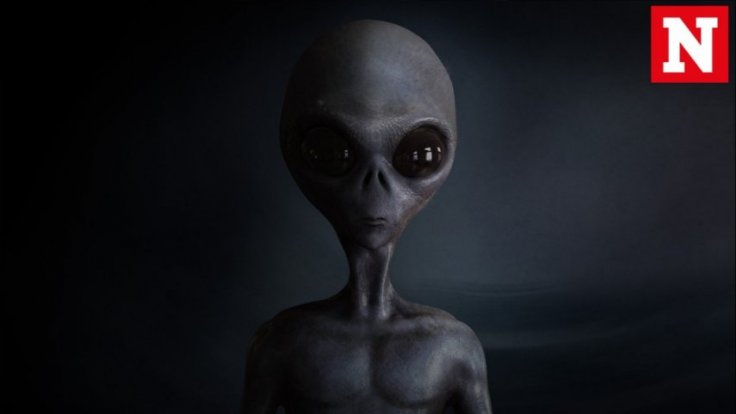
A new study conducted by researchers at Pennsylvania State University has revealed that humans have searched just 0.00000000000000058% of the universe to find potential alien signals. In layman's language, if the universe is an ocean, humans have searched for aliens in barely a swimming pool's worth of water.
The study, published in the journal arXiv, could have also found the solution to the billion dollar Fermi paradox, which states if there are millions of galaxies and stars out there in the deep space, why humans have not met any advanced intelligent alien forms until now.
The study reveals that scientists haven't found any intelligent extraterrestrials yet just because we have not started looking for them vigorously. Researchers who took part in the study believe that aliens, somewhere in that ocean of space might be signalling their existence, but until now, we have not looked into that deep corner.
"Suppose I tell you there's a cool thing happening in Houston right now. I do not tell you where it is. I do not tell you when it is happening. I do not tell you what it is. Is it in a bookstore? Is it a music concert? I give you absolutely no priors. It would be a difficult thing to try and find it. Houston, we have a problem. We do not know what we're looking for ... and we don't know where to start," said Shubham Kanodia, a graduate student in astronomy who co-wrote the study at a NASA workshop on Technosignatures.
The research team also agrees with the views of Jill Tarter, a SETI astronomer who said in 2010 that it is idiotic to conclude intelligent aliens do not exist nearby just because humans haven't found them. Recently, NASA has revealed that they are working on a new method which may help them to locate alien civilizations. The new method relies on looking for all Technosignatures including laser emissions, Dyson spheres and heat signatures in deep space.








